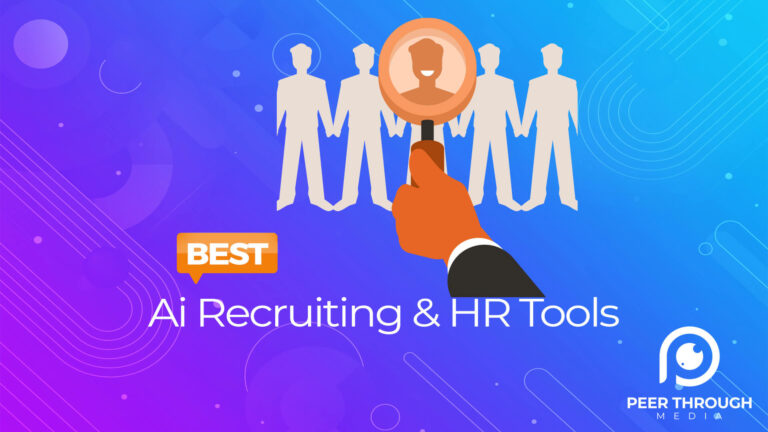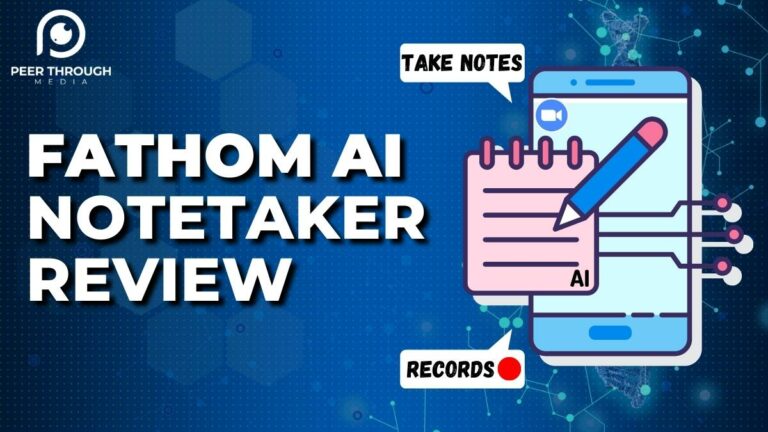AI Is Changing the Incentive Structure of the Internet
This article explores how AI changes the structure of the internet over the long term and how you and your business can capitalize on this shift by creating chatGPT plugins and other AI Plugins.
What this article isn’t is one of those Short term and immediate, “10 Ai prompts to 20x your productivity.”
Instead, we’ll take a holistic, 5 to 10 year approach, so that we can rise with a shifting tide rather than catch a single passing wave.
I predict that by understanding the principles in this ChatGPT plugin article and acting upon them, it will be similar to moving your business online in the early 90s.
The method of business information delivery isn’t super common yet, and perhaps not even entirely clear or profitable in the short term, but it will have your business iterating on the cutting edge- putting you wayyy ahead of the curve so that you reap the benefits and future proof your business as the internet shifts towards this new Ai driven model.
To do this we’ll look at:
- How The Internet Works (or Worked)
- How AI is changing the Internet
- How that change creates a problem or gap
- & ultimately, How you and your business can fill that gap and capture value.
How The Internet Works (or Worked) with SEO
The internet is mostly made up of “free” user generated content. Aka, people and businesses upload information to the internet like: websites, articles, pictures, news and more so that they capture attention, which can then be monetized.
For example, in 2019, my friends and I started a Men’s health website that at its peak got over 100,000 visitors a month. But we didn’t do this in the typical fitness influencer way. In fact, we weren’t even authors on the website ourselves.
Instead, we would use our own money to pay experienced writers to create content on certain topics and then pay doctors to review that content to make sure it was accurate and safe.
Why People Are Incentivized To Upload Valuable Information to The Internet

For years, we personally subsidized this doctor certified info to be uploaded to the internet, and eventually, we started to rank for terms like viagra and cialis.
We didn’t put this information on the internet out of the goodness of our own heart, or because we have a passion for the various types of boner medication.
No we did it because roughly 25,000 people a month search viagra vs cialis, hoping to solve their problem.
Thanks to our hard work and honest breakdowns, our website managed to rank at the top of the google results for that term.
So people would google the term, click our article, decide which pill was best for them – click through the links on our website, to the manufacturers’ site and the manufacturers would send us, the affiliates, roughly $80 per sale.
Between boner pills and a few other high converting keywords, the blog was making roughly $40,000/mo and we then sold it to a publicly traded company.
Monetization Structure of The Internet
I tell the story of my affiliate site not to brag, but because it’s a straightforward example as to why people are incentivized to put valuable information onto the internet.
And we aren’t these outlying profiteers…. That’s generally how the internet works.
- News sites are trying to have you click on their content so that they can serve ad impressions which gives them money.
- Businesses are creating tutorials and thought pieces to increase their brand awareness and drive sales
- Review sites are trying to funnel you toward affiliate commissions.
Once you understand this monetization structure, you’ll start seeing it everywhere and read things with a more discerning eye.
But we’re not here to debate the morality of this current SEO based internet structure, because it’s changing.
How AI is Changing The Internet

In the next couple years, or even sooner “googling” something won’t exist – or at least, it will look a lot different.
People are already turning to ChatGPT rather than traditional search engines, to ask questions and receive direct answers in the form of natural language as opposed to a list of articles on websites.
Because of the power of ai to process natural language both for inputs and outputs, things like chatgpt or Google’s own AI engine Bard, are able to cut out a step in the search process. Rather than question, list of sites with answers, answer. It’s now, question, answer.
I’m not saying ChatGPT is a Google killer. Google is in the AI game too. I’m saying, AI is shifting the structure of the way we search for answers on the internet. Recently, Google even unveiled its upcoming new look for their search results page.
Right at the top, rather than websites, there’s a big block of text, where Google’s AI answers your question directly. Not only does this push down the top website results, it also usually answers the user’s question immediately, meaning the user doesn’t even need to click to an external source, and so search results get less traffic, which means a top search result is less valuable and therefore there is less incentive for anyone besides the ai provider to upload useful information to the internet.
As Ai rapidly improves, more people will begin to trust and use it and these changes will become more pronounced. This might be good for the end user, but it leads to an information supply problem.
Where an AI Information Gap Arises
AI’s are Large Language Models (LLMs) trained on data, and while existing information may be sufficient for timeless questions, our world changes quickly – what about all the questions that require new and varying real time data like news, or even updated price lists?
If AI simply answers everything directly and passes on no value to the information curators – who’s going to upload new information to the web?
To fill that information gap, either big tech companies like Google and OpenAI have to hire hordes of reporters/data collectors or they need to continue to make it profitable and a good idea for people and businesses to provide information to their models.
No matter how big and powerful these companies get, I don’t think hiring out the task of reporting data is feasible or economical. Which leads them to maintaining an incentive structure for people and businesses to continue to provide info to their large language models.
So, as we shift into this new paradigm of question and direct answer, it makes sense for you as a business owner to package your business’s info for these AIs and not just for traditional search algorithms. A website won’t be enough.
The same way you had to “put your business online”, you now have to “put your business into the ai”
ChatGPT Plugins – The (Current) Packaging for a New AI Driven Internet
We’re still in the early stages, but the closest thing I’m seeing to a new packaging and incentive structure are the ChatGPT plugins.
Many large companies, seeing the upside, have already moved quickly to create their own. As an early example, let’s take a look at the large and existing restaurant reservation company OpenTable, and how they are preparing for the future with their ChatGPT plugin.
OpenTable’s ChatGPT Plugin

Opentable’s plugin works inside of ChatGPT when users go to the plugin section and enable the plugin. From there, a user can chat with chatGPT, and the Ai will call Opentable’s plugin when the user needs things like restaurant recommendations and available booking times.
Ex: Hey, I want to eat some chinese food on thursday. Are there any good reservations in Venice Beach around 7pm?
ChatGPT can parse through the question, realize it needs information contained in the Opentable plugin and return a list of recommendations in the area and links to book directly on Thursday around 7pm.
Right now, the plugins looks like a hybrid chat slash search result, and uses the same click through incentive model as a traditional Google Search – you could argue it might even be less effective than just doing it the old way – but this will evolve as human to ai interaction matures and becomes more common.
Instacart’s ChatGPT Plugin

For instance, there are already more useful plugins like Instacarts – where you can ask ChatGPT for a list of weekly meals, and then using the Instacart plugin have the ingredients to those meals directly added to your Instacart checkout and delivered to your house.
Create A ChatGPT Plugin For Your Business
At this time, some businesses may benefit more from a plugin, but ultimately it is all moving in that direction.
No matter your business, the idea is that by building an early version of a ChatGPT plugin you’re already ahead of the game and can continue iterating on the cutting edge as this method of information delivery and customer acquisition develops.
Again, it’s kind of like putting your business online in the 90s or being one of the first apps in the app store. A little basic, perhaps even “gimmicky” at this point, but that is all going to change rapidly, and those who move first and play it right will be rewarded.
Work With Peer Through To Create A ChatGPT Plugin
This brings me to the point of why I’m putting this free informational video onto the internet.
My agency, Peer Through, is building ChatGPT plugins for our clients and consulting with teams who want to bring their business into the Ai.
We’d love to work with you to push your ideas and business into the future. So please book a call to get started or learn more about Developing a ChatGPT plugin here.







